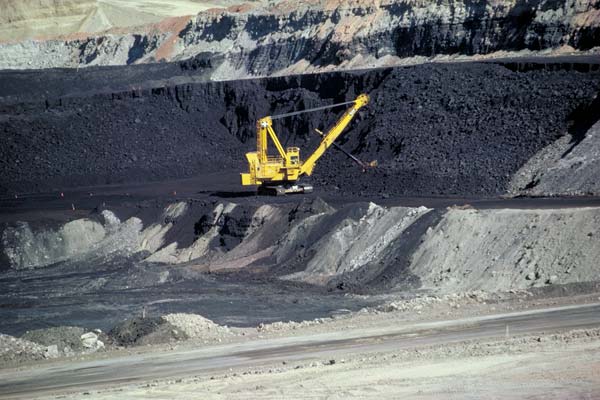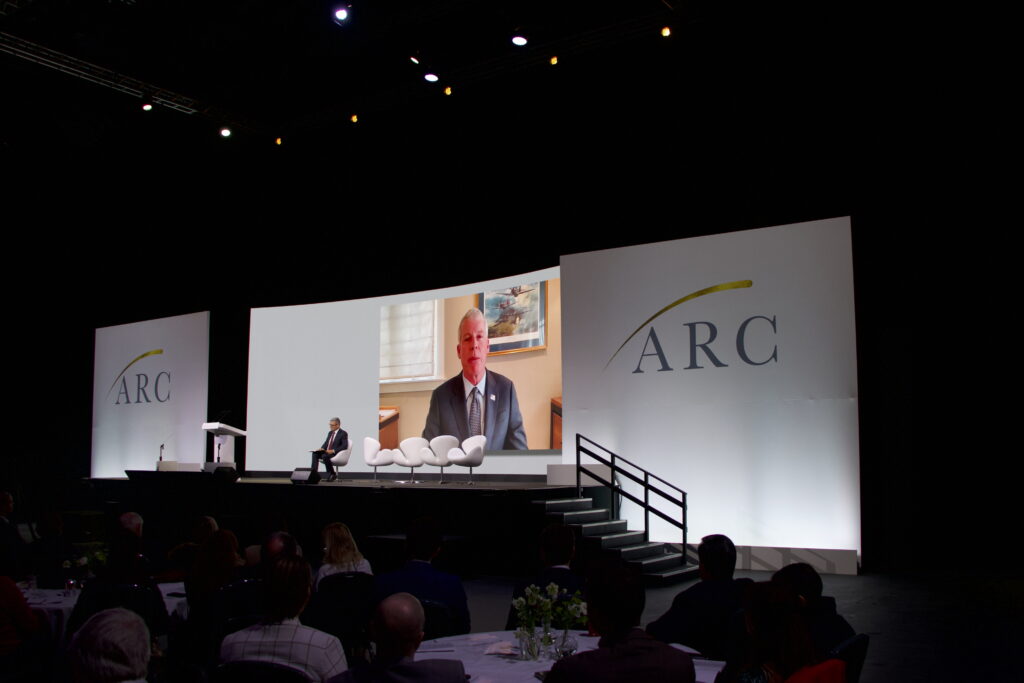The coal industry in the United States was the first source of funding for climate scepticism during the late ‘80s and ‘90s. Inspired by how tobacco battled with cancer research, the industry knew that its survival depended on undermining climate change theory and threw its considerable influence and power into funding climate denial.
Coal produces the most carbon dioxide when burned in power stations to generate electricity and so cutting coal quickly became the most obvious and effectively way of reducing the risk of climate change.
However, this would effectively lead to a ban on its further use and coal companies were not equipped to try and move into oil where the market has been dominated by oil monopolies from Standard Oil and then Exxon since the 1900s.
The coal magnates faced going bust, with their shareholders left owning companies of no value. It was a matter of survival.
At first these companies simply paid climate scientists for research papers that would undermine the consensus.
But these studies contained very little original research, suggesting that even the sceptics held out little hope that alternative evidence could be found in the natural environment. An example of this was that the sun or another pollutant was driving the current rise in global temperatures.
No scientist has ever produced evidence that carbon dioxide does not in fact have a greenhouse effect – causing the heat from the sun to remain in the earth’s atmosphere rather than being reflected straight back out into space.
From the beginning, the sceptic scientists merely attempted to point to the well known uncertainties in the established science.
For example, it has never been known what the exact “sensitivity” of the the atmosphere to global warming actually is: we may never know how many degrees of heat increase will be caused by doubling the amount carbon released.
But scientists have had a relatively good idea, within their margins of error. We don’t need to know exactly in order to understand that temperatures will rise, and that this will make our climate uninhabitable for great swathes of the earth within generations.
Sceptical Scientists
Dr Robert Balling, an American scientist at Arizona State University, “emerged as one of the most visible and prolific on the climate change skeptics,” according to Bill McKibben, founder of 350.org.
Famous for saying the trees and plants thank us for emitting CO2, “so drive out to the forest and feel good about the CO2 coming out of your tailpipe,” Balling receives $1,000 a month from the Heartland Institute, an organisation at the front of climate change scepticism.
But it was only years after he started criticising the science that his research funding from big coal would be exposed.
During the late ‘80s and 1990s Balling was paid $75,000 by the recently privatised British Coal Corporation, the same amount by the German Coal Mining Association, and $80,000 by Cyprus Minerals which was based in the United States.
The Kuwait Institute for Scientific Research paid him $48,000 and then translated and distributed his book, The Heated Debate, into Arabic for oil producing countries in the region.
The diversity of his funding suggests he made considerable efforts to court King Coal for cash.
At the same time, Dr Patrick Michaels – one of the scientists working with the Intergovernmental Panel on Climate Change (IPCC) – was getting ready to switch teams.
He turned on the panel and for the next three decades be one of the most consistent and high profile critics.
He would also take money for his research from many of the same coal companies who paid Balling.
But out of small number of sceptic scientists to emerge at this time, Richard Lindzen remains the most influential of them all. One of his first pieces was ‘Some Coolness Concerning Global Warming’ discussing the greenhouse effect in the bulletin of the American Meteorological Society in 1990.
The following year he appeared before a Senate committee chaired by Al Gore. Seven years later it was revealed that his trip was financed by the Western Fuels Association – a $400 million consortium of coal suppliers and coal-fired utilities based in Colorado.
It’s also been reported that Lindzen would charge oil and coal organizations $2,500 per day for his consulting services.
The Tobacco Tactic
But with the introduction of the 1990 Clean Air Act, the coal industry turned to its established associations to form a defence. The Western Fuels Association spent $250,000 producing a short film attacking climate science and insiders at the Bush White House said it was chief of staff John Sununu’s favorite movie.
Western Fuels also joined with the National Coal Association and the Edison Electric Institute (each in turn made up of dozens of energy companies) to form the Information Council for the Environment (ICE).
This tactic was an exact replication of the ongoing war between the tobacco industry and science.
The new Information Council had a budget of $510,000 which it used to target members of the House of Representatives to show that a consumer-based media awareness program can positively change the opinions of a selected population regarding the validity of global warming.
But ICE began to crack almost as soon as it formed. The founding documents drafted by Western Fuels were leaked and exposed their strategy to “reposition global warming as theory (not fact)”.
The method of industry directly funding sceptic science had been discredited. The energy giants would have to devise a new way of lobbying policymakers and turning the public against climate regulations.
Subscribe to our newsletter
Stay up to date with DeSmog news and alerts







